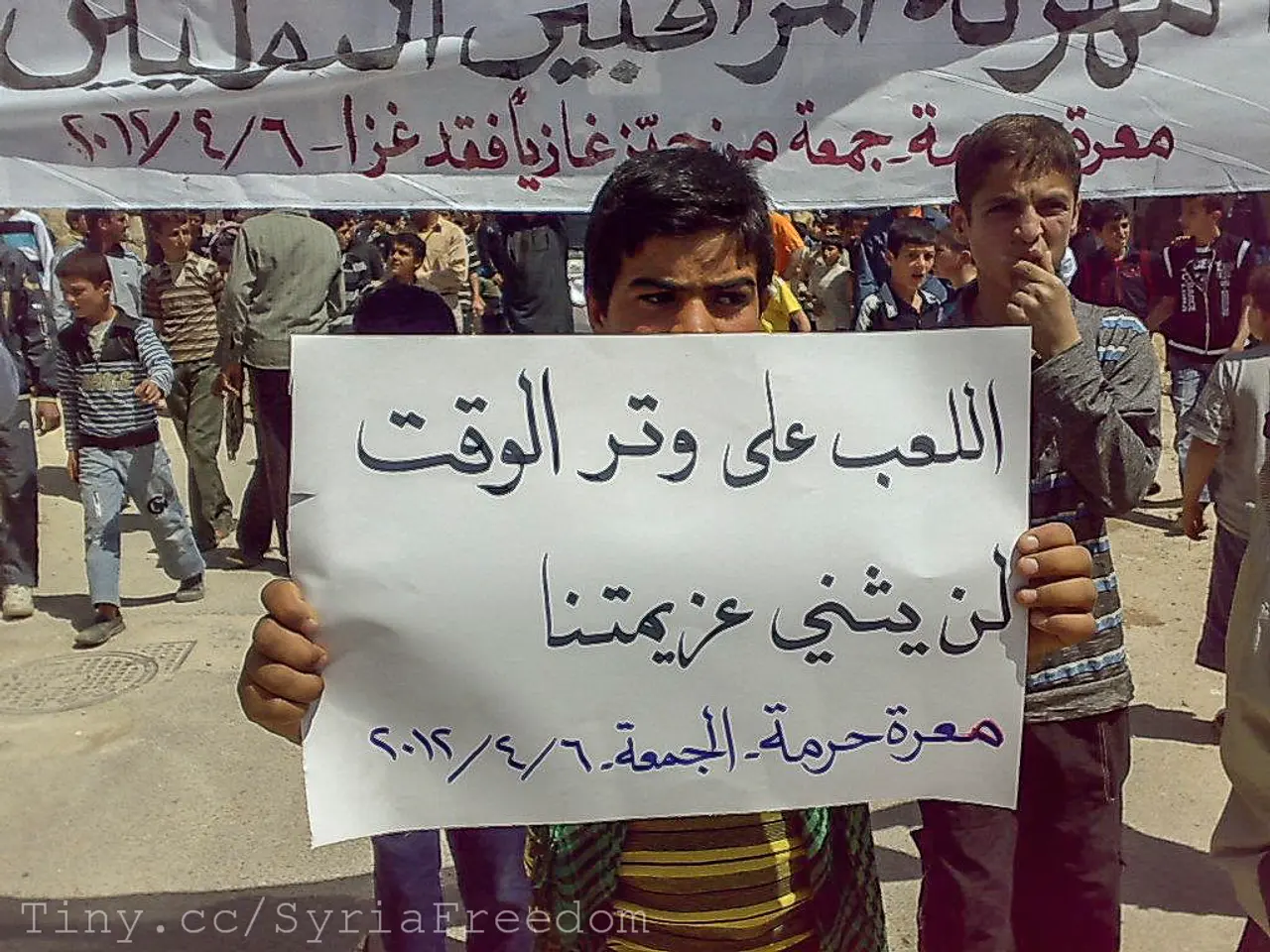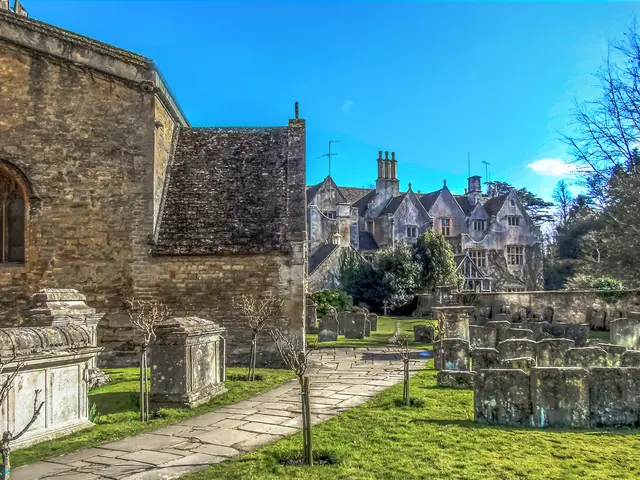Dissenting Trump decree promotes public demonstrations in Washington
In an unprecedented move, US President Donald Trump has ordered the police in Washington, D.C. to be placed under the command of Attorney General Pam Bondi. This decision, reminiscent of the deployment of soldiers on the streets of Los Angeles, is legally different and has sparked controversy.
The legal basis for this move is Section 740 of the District of Columbia Home Rule Act of 1973. This statute allows the President to direct the D.C. Mayor to provide Metropolitan Police services for federal purposes during "special conditions of an emergency nature" that the President determines to exist.
However, the implications and limits of this authority are significant. The president's control is limited to 30 days under Section 740(d) and can only be extended by a joint resolution of Congress, which requires Senate approval and could face a filibuster. Trump's claim that he could unilaterally extend this period by declaring a national emergency lacks legal support, as national emergency powers do not override this time limit.
The statute does not grant the president direct control over the Metropolitan Police Department (MPD), but rather the mayor must provide police services for federal purposes. This implies the mayor retains command, and the federal government can only use the MPD under defined conditions. The administration sought to replace the MPD chief with a federal official, but courts ruled the mayor-appointed chief must retain command while a federal liaison coordinates with the administration.
The move is controversial, with DC officials arguing it undermines local self-governance and highlights the ongoing tension over D.C.'s limited autonomy, with calls for D.C. statehood to gain full local control. Previous attempts to deploy federal National Guard forces or federal law enforcement in D.C. have also raised legal questions without clear judicial precedent.
The number of violent crimes has decreased by over a quarter compared to the same period last year, and the total number of all crimes has decreased by seven percent. Despite Trump's rhetoric against criminals and homeless people in Washington, the decree cites high burglary and murder rates as a reason for federal control, but local crime statistics show a decrease in reported offenses.
In response to Trump's decision, protests against the placement of the police under federal control are being organized by opponents of the president. Residents are also encouraged to express their displeasure through actions such as hanging posters in their windows and banging pots in the evening.
As of now, it is unclear how the interplay between local and federal authorities will function exactly, as there seemed to be little coordination with Democratic Mayor Muriel Bowser before Trump's announcement. The situation in the evening remained largely calm, with a few dozen protesters temporarily blocking traffic on a popular nightlife street in the city center, but larger protests have not yet occurred.
References:
- NPR
- The Washington Post
- The New York Times
- CNN
- Congressional Research Service
Read also:
- Court petitions to reverse established decision on same-sex marriage legalization
- Commemoration of 200 Days of American Resurgence Unveiled
- Minister Bärbel Bas expresses doubts about her tenure as a minister following a recent interview during the summer.
- A Tale of Two RussiansGate Notable Figures: Focus on Mike Davis








